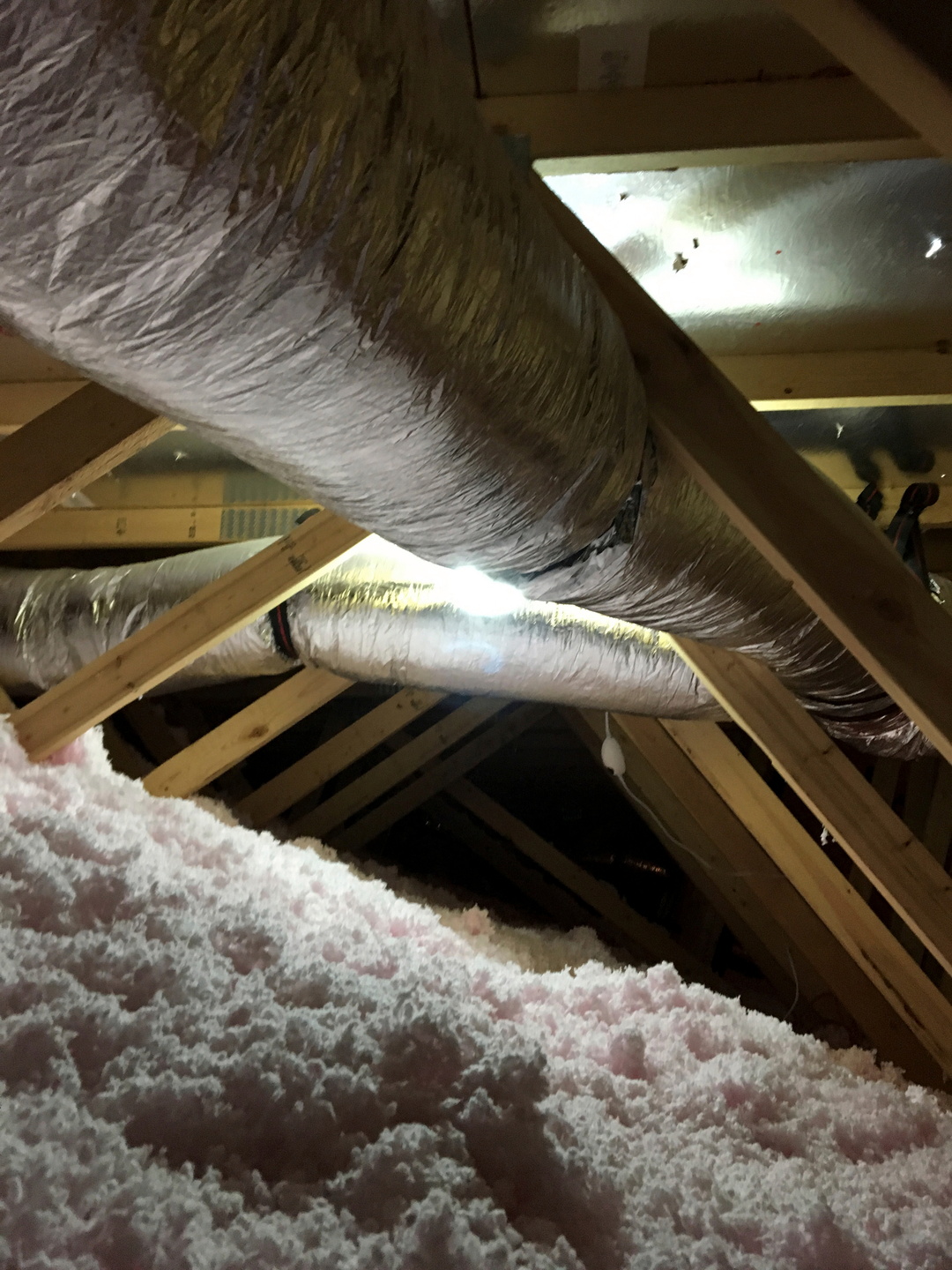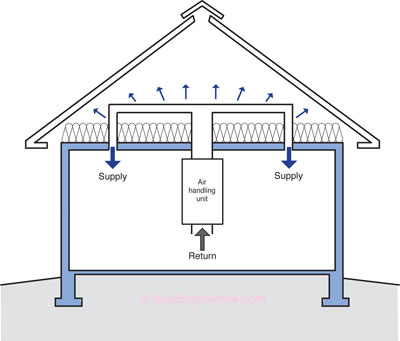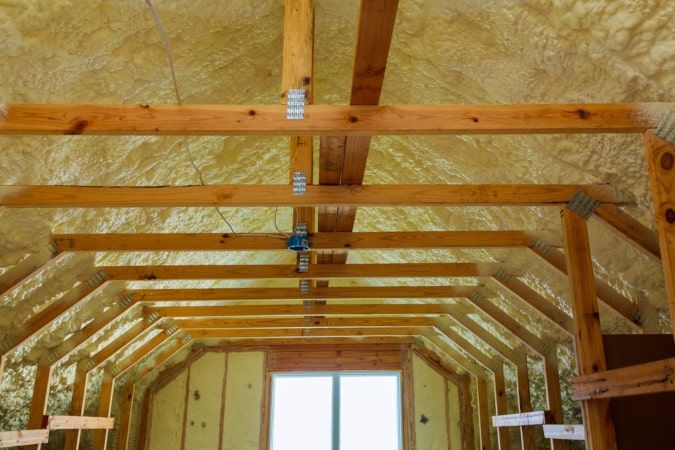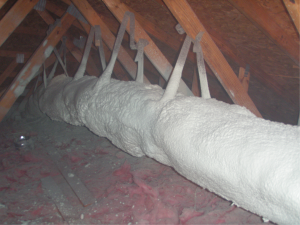Duct Closure For Attic Air Conditioner During Winter

To do the required work one would normally access the area from the attic.
Duct closure for attic air conditioner during winter. Insulated flexible pipes about 7 inches inside diameter connect from the central duct to ceiling vents in each room. The air is re introduced as icy drafts through lower vents. The heat exchanger is connected to a long duct running down the center of the attic from end to end. I have a dedicated ac system with the air handler in unconditioned attic heat is provided by hydronic baseboard.
As most gba readers know ducts belong inside a home s thermal envelope not in an environment that s cold in the winter. Heated air rises and is drawn through unsealed central air conditioning vents into ductwork in the cold attic. Burying ducts in attic insulation. In the winter the attic is very cold because the roof and gables are not insulated.
The second possible remedy to your condensation problem is to prevent indoor air from entering the ducts during the winter. I was wondering is there any figures on the expected energy temp lose. Condensation problem in the ductwork in wintertime question i have a dedicated ductwork system with the air handler in unconditioned attic. First winter after moving.
Next time use high quality tape to get a good air seal. If that happens your unit will rust and deteriorate quickly. Although this may sound like a great idea such covers are not ideal during cold months as they may trap moisture in your air conditioning system. An air conditioner is designed to be used in all weather conditions.
You don t close the ac vents in winter leave them open in summer or winter. You shouldn t install ducts in a vented unconditioned attic. Winterizing your home saves money hot air produced by heating systems in fall winter lose thermal values of 30 or more through the central air duct system. When outside temperatures drop down below about 40 pretty much nov thru march condensation starts forming in the ducts and drips from some of the ceiling registers.
When outside temps drop down below about 40 pretty much nov thru march condensation starts forming in the ducts and drips from some of the ceiling registers. Your attempt to plug the ducts with rigid foam was well meaning but ineffective almost certainly because your plugs weren t airtight. Note that you can t use air permeable insulation like fiberglass to solve this problem unless the fiberglass insulation includes a polyethylene jacket. If the space is too tight to do the work from the attic side you ll have to remove the drywall ceiling or a portion of the drywall ceiling to do the work.
I live in montreal and had a lennox air conditioner and ducts installed in the attic.














































